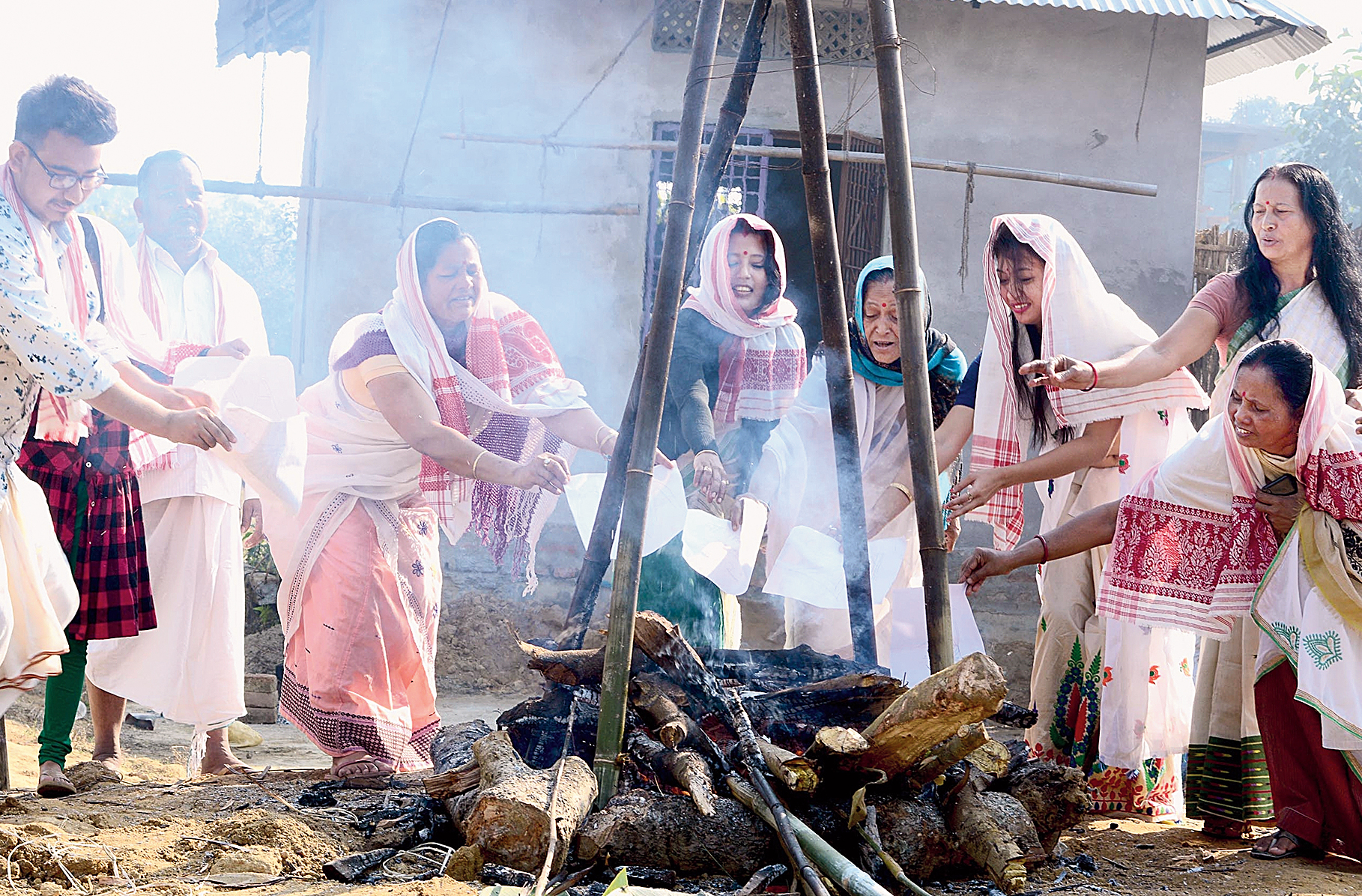A petition against the Citizenship Amendment Act (CAA) has been filed in the Supreme Court by two Meghalaya residents, saying that the legislation “attacks” the freedom of religion and privacy of individuals.
Petitioners Mantre Passah and Rev. Kyrsoibor Pyrtuh, who have been a part of the anti-CAA movement, told reporters here on Thursday that their petition challenges the constitutionality of the Act, its arbitrariness and attack on the freedom of religion and privacy of individuals.
The petition was filed on Monday.
The petitioners said the Act fails to take into account the “realities” of those inhabitants of the border areas who came to India from neighbouring countries till December 31, 2014 but follow indigenous religions and do not identify as being a part of any of the six selected religious communities under CAA — Hindu, Sikh, Buddhist, Jain, Parsi and Christian.
They alleged that the Act was a design to create a divide among tribal communities, especially those who follow the traditional indigenous belief systems like the Niam Tynrai and Songsarek and have followers among the Khasi-Pnars and Garos who do not fall under any of the religions mentioned in CAA.
Niam Tynrai are those among the Khasi-Pnar people who profess the indigenous faith while Songsareks are those among the Garo community who follow the indigenous faith. These are distinct belief systems and not a part of any mainstream religion
They alleged that the Act is arbitrary and motivated by religious discrimination and by the Hindutva ideology, which is based on the belief of Hindu majoritarianism and supremacy in India, and treats minorities, religious or otherwise, as secondary.
They pointed out that the original Citizenship Act, 1955 was enacted on the same principles as the Constitution, and no religion-based conditions were imposed for the acquisition of citizenship.
They alleged that the Act does not follow the constitutional principles of secularism and equality and violates the right to privacy of refugees belonging to indigenous tribes following traditional religions and imposes unconstitutional conditions upon them.
The petitioners apprehended that the Act would also impact various persecuted tribal communities in Bangladesh and Myanmar, including members of the Chakma, Hajong, Rabha, Khasi and Garo communities.
They pleaded that the court should issue guidelines for a “just, fair, and equitable” immigration regime until such time that Parliament sees fit to enact a constitutionally valid law.
The petitioners termed the exemptions accorded to some northeastern states as “pointless, useless and diversionary”. “We believe that the struggle to protect our rights as tribals in India cannot be divorced from the struggles against a system which tries to create a monolithic India based of religious majoritarianism,” they added.










